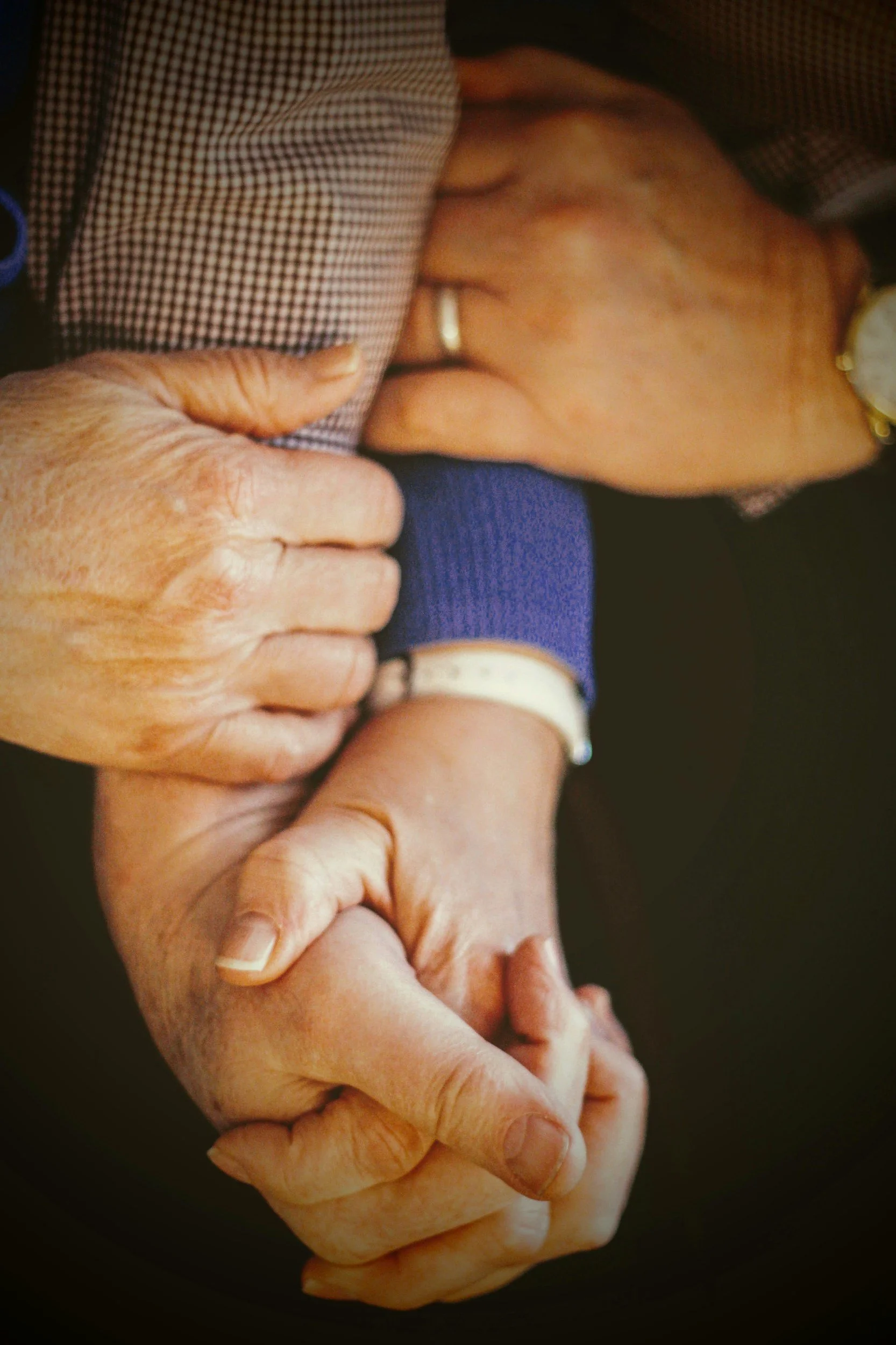What to Expect From Your First Therapy Session
The first therapy session can often feel intimidating, but understanding what to expect can help ease any anxiety. This initial meeting is primarily focused on information gathering and establishing a foundation for your therapeutic journey. We’ll begin by discussing the reasons you're seeking therapy, exploring your current challenges, and gathering relevant personal history. This may include questions about your relationships, past experiences, and any symptoms you're experiencing.
During this session, you'll also have the opportunity to get to know me, my therapeutic approach, and what therapy might look like for you. It's a time to ask questions, express any concerns, and discuss your goals for therapy. This collaborative process helps ensure that we are a good fit and that you feel comfortable and safe working together. While it might feel overwhelming to share personal details, remember that I will hold space and listen empathetically and without judgment, creating a supportive environment for you to begin your healing journey.
The Power of "Connection First": Nurturing Relationships with Kids and Your Inner Child
Dr. Becky Kennedy's "connection first" approach emphasizes that prioritizing a strong emotional bond is essential for healthy parent-child relationships. This philosophy suggests that when we focus on understanding and validating our children's experiences, rather than solely managing their behavior, we create a foundation of trust and security. This, in turn, fosters greater cooperation, resilience, and emotional well-being in our children. But the benefits of "connection first" extend beyond our kids; it also offers a powerful framework for healing and nurturing our relationship with our own "inner child."
By applying "connection first," we learn to listen with empathy, validate feelings, and respond with compassion—both to our children and to ourselves. This means acknowledging our own childhood experiences and unmet needs, recognizing how they might influence our current parenting, and offering ourselves the same understanding and grace we extend to our kids. When we address our own "inner child's" wounds, we become better equipped to connect authentically with our children, breaking negative cycles and fostering a sense of security and love that reverberates throughout the family.
Ultimately, "connection first" is about building a legacy of love and understanding. It's about recognizing that we are all works in progress, and that by prioritizing connection—with our children and ourselves—we can cultivate healthier, more fulfilling relationships and create a foundation for healing and growth that lasts for generations.
Make America Compassionate Again
It's easy to get caught up in the daily grind, the constant news cycle, and the seemingly endless stream of news swirling around us. Sometimes, it feels like compassion is the first thing to go, both for ourselves and for others. We judge ourselves harshly for our mistakes, and we're quick to criticize those who hold different viewpoints. But what if we could choose a different path? What if, instead of reacting with criticism or judgment, we met ourselves and others with understanding and kindness? Mindful Self-Compassion offers a powerful framework for doing just that. It encourages us to recognize our shared humanity – the fact that we all struggle, we all make mistakes, and we all experience suffering. It reminds us that we are worthy of love and acceptance, just as we are, and it gives us tools to soothe our pain and cultivate resilience. This isn't about ignoring difficult emotions or condoning harmful behavior. It's about meeting ourselves and others with a gentler, more understanding heart, recognizing that everyone is doing the best they can in any given moment.
Practicing self-compassion doesn't mean we suddenly agree with everyone or condone every action. It means we approach the world, and ourselves, with more kindness and less judgment. It means recognizing that we all belong, that we are all interconnected, and that even those with whom we strongly disagree are also deserving of compassion. As Sharon Salzberg so beautifully stated, "May I be filled with lovingkindness. May I be well. May I be peaceful and at ease. May I be happy." This simple wish, directed first towards ourselves and then extended outwards, can be a powerful antidote to the divisiveness and negativity that often surrounds us. Imagine a world where we truly extended this wish to everyone, even those we find it hardest to understand. It’s a world I believe is worth striving for, one compassionate act at a time.

